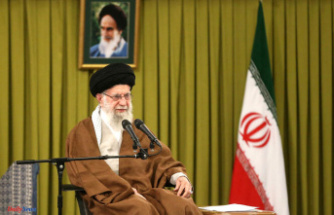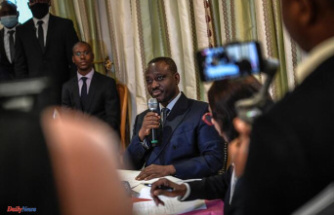In the neighboring federal states, primary school teachers are better paid than in Saxony-Anhalt. In the meantime, not only trade unionists want to change that, but also the Minister of Education. However, a decision is still pending.
Magdeburg (dpa/sa) - Primary school teachers in Saxony-Anhalt continue to be paid less than those of other school types and in the neighboring federal states. The Education and Science Union (GEW) is calling for a protest on Magdeburg Cathedral Square on Thursday. Before the state parliament, union members, teachers and students are supposed to emphasize the demand for better pay under the motto "Get it done at last". Elementary school teachers in Saxony-Anhalt earned up to 500 euros less than their colleagues in other school types. This is one reason for the brain drain.
"The everyday life of primary school teachers is no less strenuous - on the contrary: teachers at primary schools do indispensable work in a very heterogeneous type of school. Despite language barriers, they motivate and integrate all children and also have to struggle with a desolate provision of lessons."
According to the GEW, elementary school teachers are paid according to pay grades A13 and E13 in Saxony, Thuringia, Brandenburg, Mecklenburg-Western Pomerania and Berlin, as well as in Bremen, Hamburg and Schleswig-Holstein. Saxony-Anhalt's Minister of Education Eva Feußner (CDU) has already spoken out in favor of better pay for primary school teachers.
From the point of view of the state chair of the primary school association, Thekla Mayerhofer, the higher payment is an important and necessary step. However, surveys have shown that many primary school teachers would like better working conditions. For example, many teachers would pay for decorations, books and pencils for children, including shelves in the classroom, out of their own pockets. Mayerhofer sees a budget in favor of teaching quality as sensible here.
In addition, the bureaucracy makes it difficult to provide individual support, for example via special learning apps, worksheets or additional copies. The equipment options would have to be improved in the interest of the children. The country has not spent a lot of money due to the lack of teachers, this should be reinvested in education.












